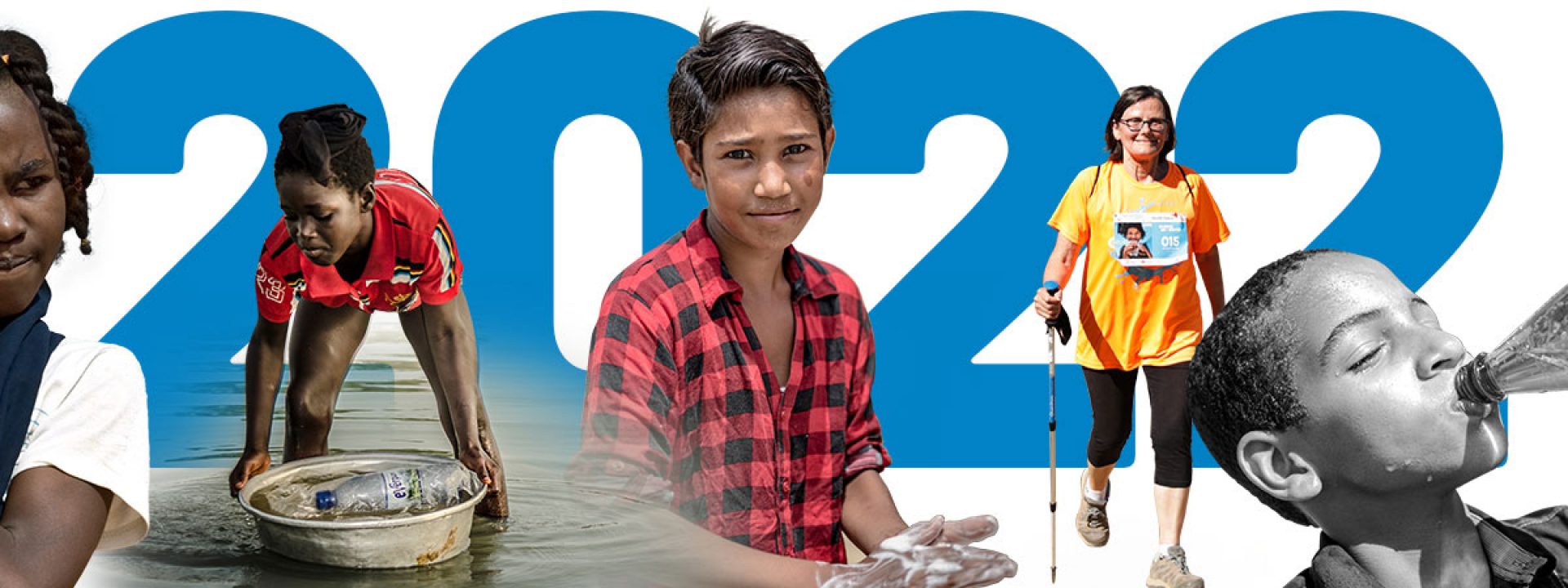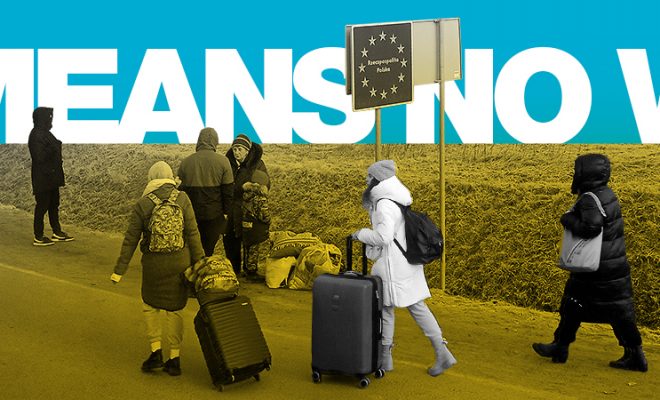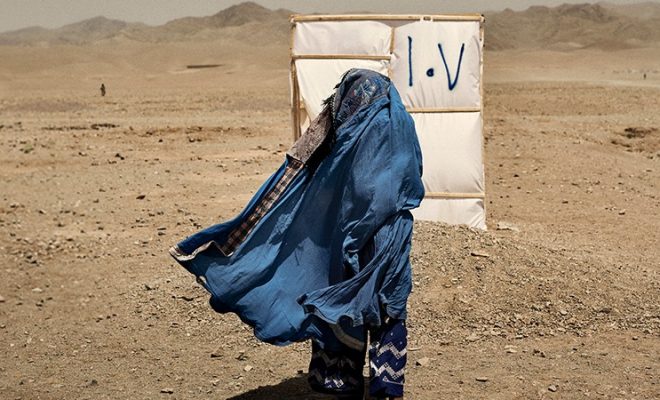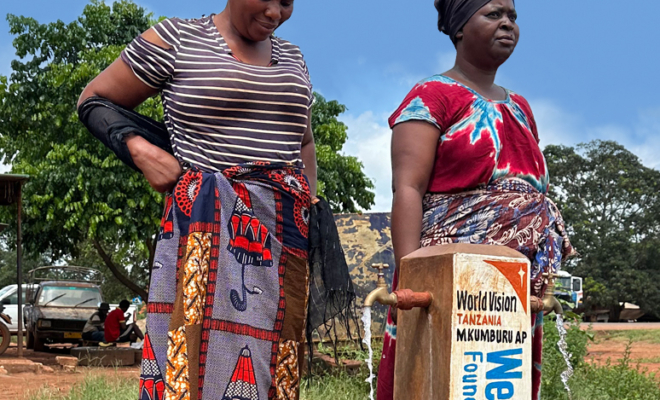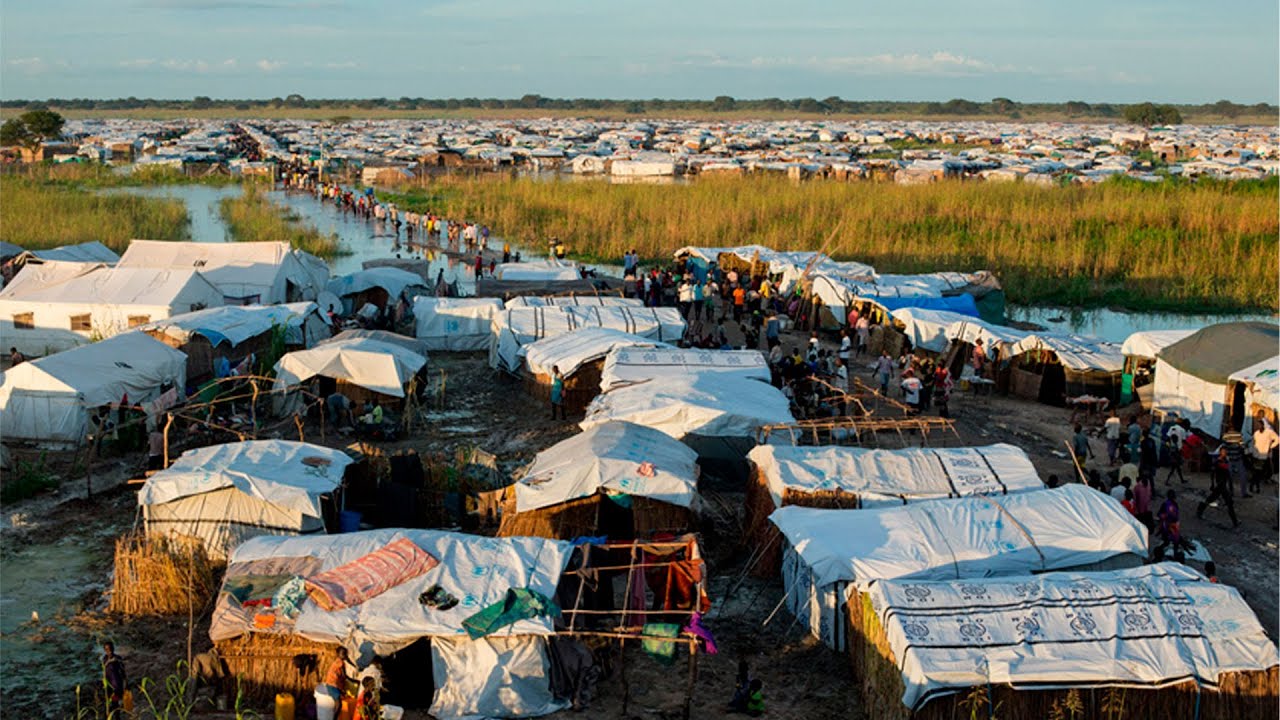
Even though 2022 has been prodigal in terms of disastrous events, this year may go down in history as the year of the final recognition of the importance of water and sanitation as vehicles of resilience and awareness of what we cannot tolerate. They also tell us what roadmap to follow to make adequate progress toward the SDGs.
Results have been positive, but we need more.
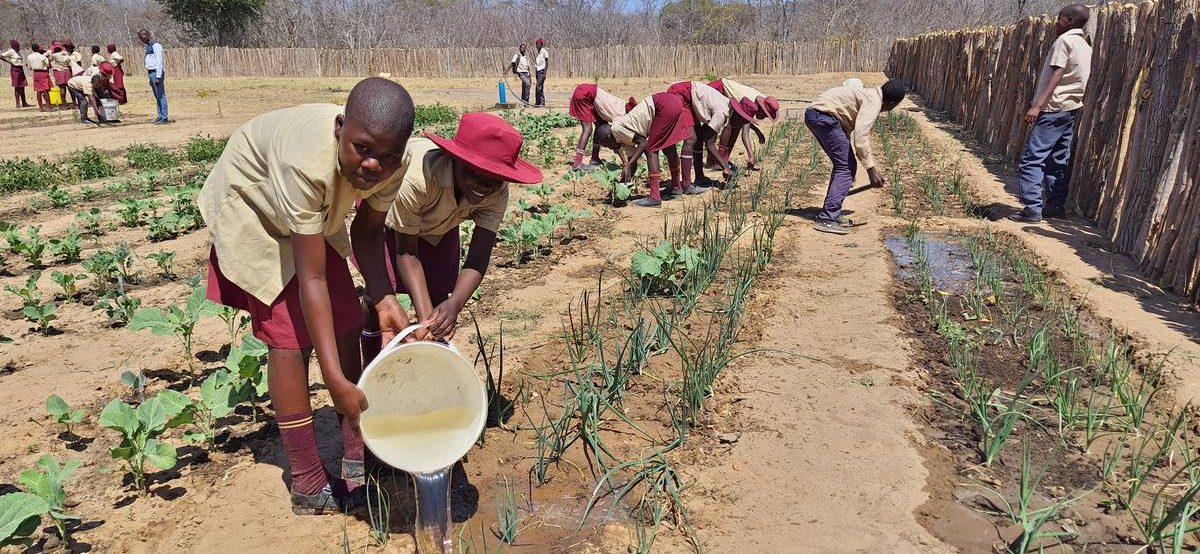
The rights of women and children to access water, sanitation, and hygiene have remained our main focus.
What the war in Ukraine has brought home to us
In the face of the tragedy of the war in Ukraine, the international reaction has been unanimous, and aid has been mobilized. Still, we have seen that the vital needs of refugees are multiplying as they accumulate in the camps. There are already 100 million displaced people worldwide due to violence and the climate crisis. All of them need water and sanitation to survive and preserve their dignity.
UNHCR revealed these data at the meeting Sanitation in conflict, which we organized in November at the Roca Madrid Gallery on World Toilet Day. The debate revealed little-known facts of a humanitarian crisis that is on the rise: the helplessness of climate-displaced people in the face of legal loopholes, the logistical and management difficulties of water supply and sanitation in refugee camps, the immediate needs of those fleeing, the legal vacuum faced by climate-displaced people, and how difficult it is to mobilize effective international aid.
At the meeting, UNICEF and World Vision explained the evolution of our projects to help the victims who remain in the country and the camps sheltering those fleeing to Romania and Moldova, where, as of November, more than 57,000 and 103,000 people seeking refuge had already arrived. Our work will continue until the atrocity of war ends.
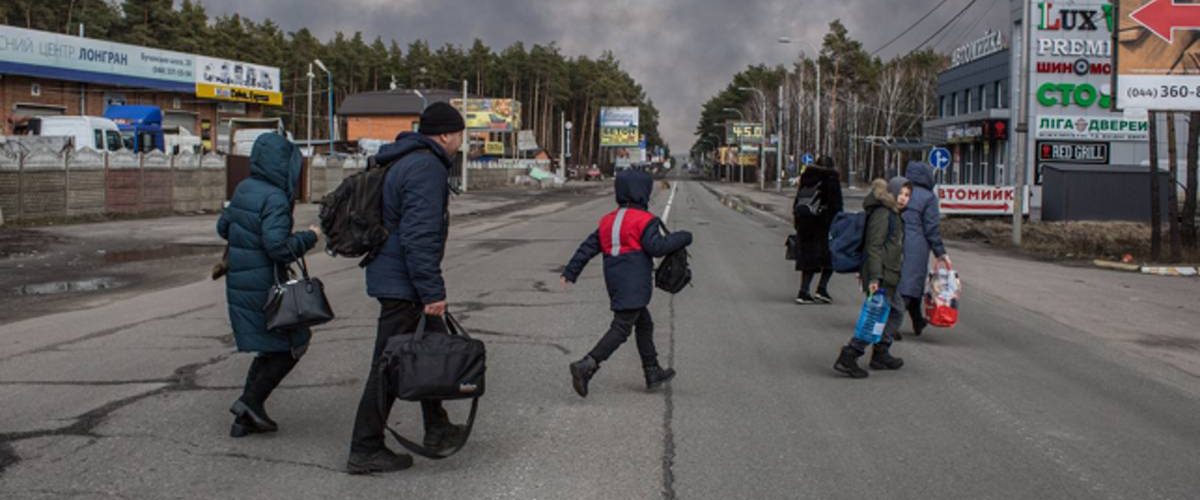
There are already 100 million displaced people worldwide due to violence and the climate crisis. All of them need water and sanitation to survive and preserve their dignity. © Photo/ Oleksandr Ratushnyak / UNDP Ukraine
Safeguarding aquifers and supporting the rural world
In 2022, we continued our work to care for aquifers, the hidden treasure on which humanity depends. We have seen the full results of the four small dams we helped build with the Vicente Ferrer Foundation in Andhra Pradesh. Since the first ones were built at Ganjikunta and Girigetla, and the more recent ones at Settipalli and D.K.Thanda4, some 5,500 farmers have improved their standard of living and are more resilient to droughts and floods. Five Roca Group professionals from Spain and India accompanied us on a Roca Corporate University trip. They saw how these small infrastructures, self-managed by the farmers, are the seed of India’s agrarian transformation.
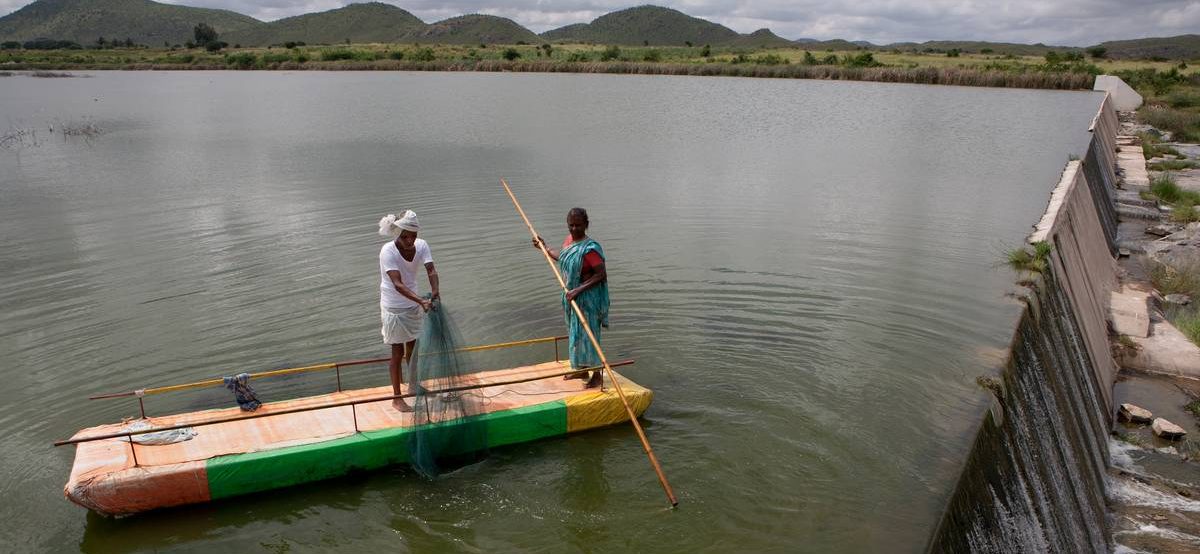
In 2022, we continued our work to care for aquifers, the hidden treasure on which humanity depends. We have seen the full results of the four small dams we helped build with the Vicente Ferrer Foundation in Andhra Pradesh.© Javier Biscaya
The rural world continues to be a field of action that we will not abandon. For example, in 2022, we completed a project that provided access to water for Honduran farmers in the department of El Paraíso.
In Madagascar, in partnership with UNICEF, we continue to work on improving the availability of sustainable drinking water facilities for climate resilience, sanitation, and hygiene in several of the most disadvantaged communities.
Water, sanitation, and hygiene in schools and health centers
Last May, we completed a well construction project at Ngubo school in the Lupane district, one of the most disadvantaged in Zimbabwe. The benefits for the students and their families show how much life a simple well can provide to the school compound: it gives life and dignity, boosts the educational process, and generates knowledge for adaptation to the climate crisis and the fight against poverty. We have also reduced absenteeism in three schools in Indonesia with gender-segregated toilets and hygiene facilities.
Health systems in rural African regions need water, sanitation, and hygiene facilities. For example, in the Senegalese Sahel, we collaborated on a project to help health centers where Covid-19 was added to diseases due to poor water, chronic malnutrition, and lack of medical care.
For women, with women
Women continue to bear the brunt of the lack of access to water and sanitation, even though they are the main force in their communities in the fight against poverty and climate change. They need safe and private sanitation facilities, especially for adolescent girls. In a new project in Malawi, we address menstrual hygiene and education as an integral and irreplaceable element of any approach to access to water and sanitation. Beyond clean water and safe latrines, we provide dedicated facilities for girls, access to menstrual hygiene supplies, and encourage teacher training and cultural changes in their families and the rest of the community to complete the hygiene cycle that begins with access to water.
At the center of the debates
In 2022, water has gained prominence in sustainability debates and will remain a cornerstone for the future. In February, we concluded the Smart Water, Smart (collective) Creativity series with two discussion panels in Cartagena (Spain) and at Expo Dubai 2020. With them, we encouraged the exploration of creative strategies and mobilization channels through water in the sectors and activities that define sustainable architecture, urban planning, tourism, and industrial development.
On World Water Day, at Expo 2020, we participated in the World Majlis | The Price of Water discussion focused on resolving the dichotomy between the value and price of water to face a future of significant water risks. This issue is crucial for humanity on the road to achieving the SDGs.
At COP 27 in Sharm El Sheik, we participated in two discussion panels: decarbonization and its link to water and economic activity and establishing innovative cooperation strategies. The latter, Innovative Ways of Cooperation, was organized by UNESCO y UNITAR, the government of Costa Rica, the intergovernmental organization UPACE and the UNESCO Chair on Peace of the Abat Oliba CEU University. We explained that cooperation involves all entities, from national to local governments, and requires a clear strategy and broad and general synergies.
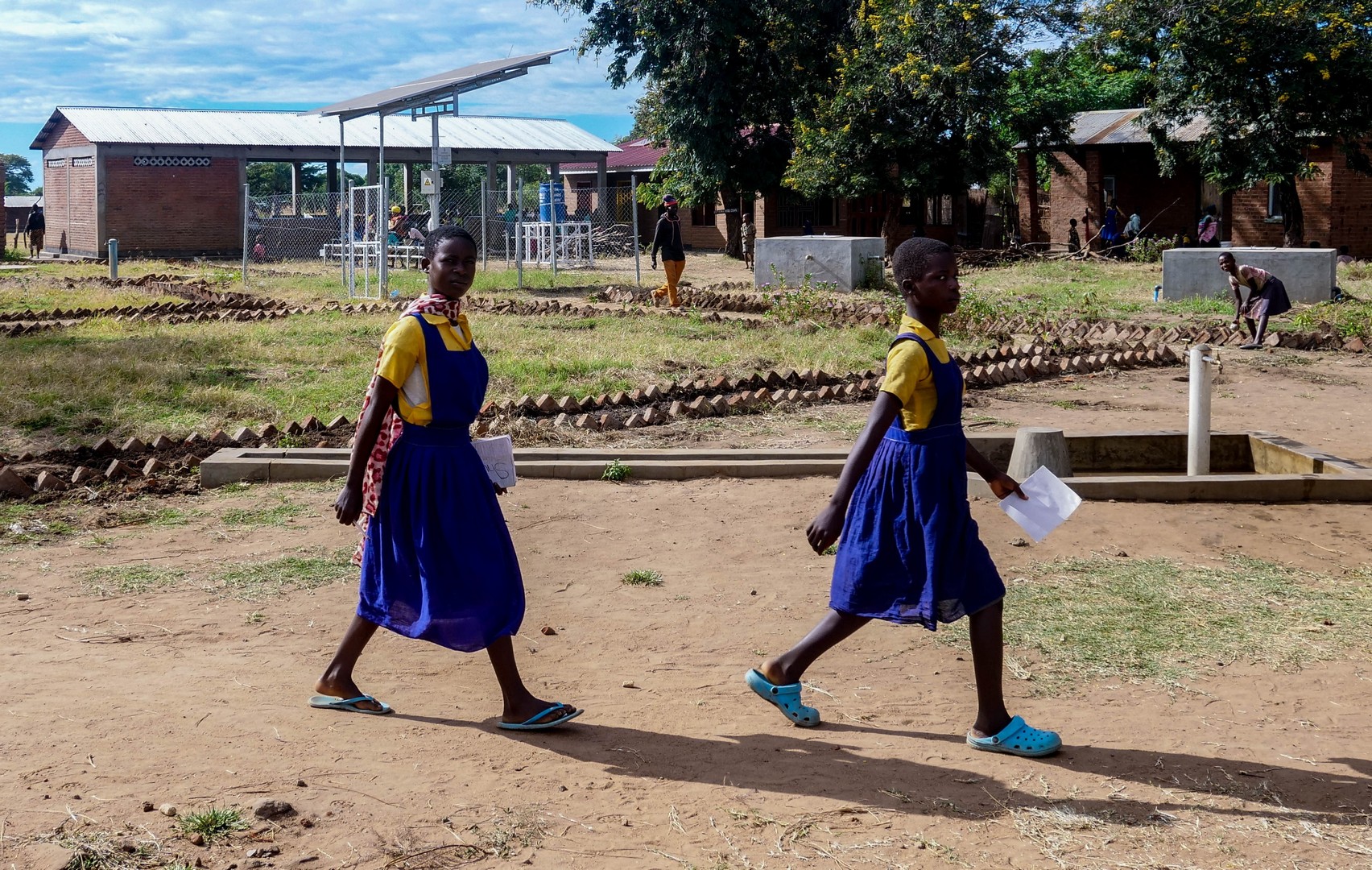
Beyond clean water and safe latrines, we provide dedicated facilities for girls, access to menstrual hygiene supplies, and encourage teacher training and cultural changes in their families and the rest of the community to complete the hygiene cycle that begins with access to water.
Aquanautas and Let’s Make a Deal: educating and raising awareness with and for water
This year, the Aquanautas initiative has continued to expand. We have carried out 41 school activities, reaching nearly 900 children from 25 schools in Barcelona. Our goal for the 2022-2023 school year is to carry out over 50 workshops. More than 1,000 schoolchildren will learn and become aware of water issues, participating in educational workshops, talks, meetings, and other activities.
Aquanautas has been a vital element of the pioneering Let’s Make a Deal initiative we launched with Diamond Resorts in 2019. Its objective is to involve the entire human chain of hotel facilities, guests, and professionals, to move together toward universal awareness of the importance of good water use and environmental respect. As a result, the project managed to save 970,000 liters of water by reducing towel laundering and 1.02 million liters by extending the use of sheets. Diamond Resorts also managed to raise 40,000 euros in donations for our aid projects in India, Guatemala, and Indonesia, an indication of the initiative’s success in raising guest awareness. The initiative will resume in 2023.
Global 6K For Water: we will continue running for water
We participated again in the Global 6K For Water race, running six kilometers (approx. 3.7 miles) through the Serralada de Marina in Tiana (Barcelona). The aim of this race, which was also run simultaneously in different cities in Spain and more than 20 countries, is to raise awareness of the lack of access to water in the world. For us, the initiative is part of the #NoWalking4Water campaign we started on World Water Day 2016 and which has gone viral on social networks to raise international awareness of the injustice suffered by millions of women around the world having to walk kilometers in search of water.
In this year’s edition, one of our objectives was to contribute to providing total sanitation to three schools in Indonesia to ensure schooling for girls and good hygiene habits for all students.
2023: new challenges
In 2022, we have provided water, sanitation, and hygiene to more than 3.6 million people with 83 projects in 31 countries.
We will continue moving forward, helping in the most neglected rural areas and schools in the most disadvantaged communities. Women’s rights, children’s rights, and the rights of displaced persons will be our priority areas in the coming year. Likewise, we will continue to work to raise awareness of the need to mitigate global warming and for justice in helping those who suffer from climate disasters. We will not rest in 2023.


